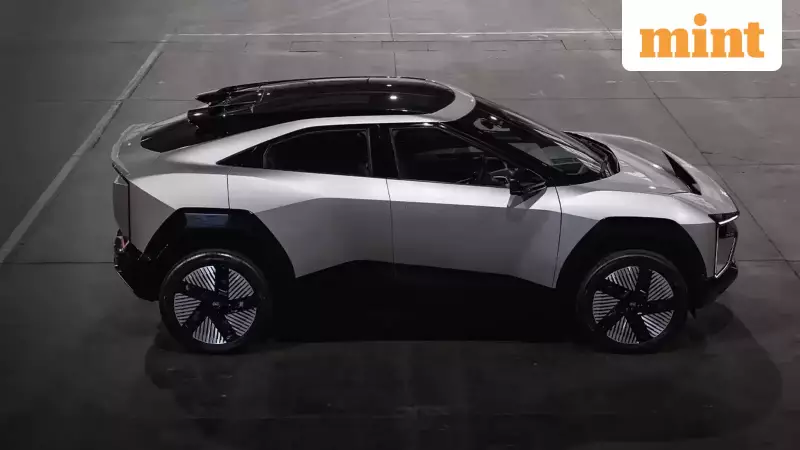
In a dramatic corporate showdown that's capturing business headlines across India, two industry giants—IndiGo Airlines and Mahindra & Mahindra—are locked in a fierce legal battle over the rights to use the '6E' trademark. The dispute has reached the Delhi High Court, setting the stage for a precedent-setting case in Indian trademark law.
The Heart of the Conflict
InterGlobe Aviation Ltd., operating as IndiGo Airlines, has been using '6E' as its official code for years. The alphanumeric combination appears prominently across their digital platforms, booking systems, and marketing materials. However, automotive powerhouse Mahindra & Mahindra recently sought to register the same '6E' trademark for their electric vehicle ventures, creating an immediate conflict between the two corporate titans.
Legal Maneuvers and Court Proceedings
The Delhi High Court has become the arena for this corporate duel. IndiGo has passionately argued that Mahindra's attempt to trademark '6E' could cause significant confusion among consumers and dilute their established brand identity. The airline contends that years of brand building and customer recognition give them priority rights to the mark.
Mahindra, on the other hand, maintains that their use of '6E' in the automotive sector—specifically for electric vehicles—operates in a completely different industry space. They argue that there's minimal risk of consumer confusion between an airline and an electric vehicle manufacturer.
What's at Stake for Both Companies
For IndiGo, protecting the '6E' trademark is crucial to maintaining brand consistency and customer loyalty. The code has become synonymous with their services across digital touchpoints. Losing exclusive rights could potentially weaken their brand positioning in an increasingly competitive aviation market.
Mahindra sees the '6E' designation as integral to their electric mobility strategy. As the company accelerates its EV ambitions, securing distinctive trademarks becomes essential for market differentiation and brand recall in the rapidly growing electric vehicle segment.
Broader Implications for Indian Business
This case extends beyond just two companies. The outcome could establish important precedents for:
- Cross-industry trademark protection in evolving markets
- Digital brand identity in the internet age
- Corporate coexistence agreements between industry leaders
- Trademark dilution principles in Indian jurisprudence
Legal experts are closely watching how the court balances the rights of established trademark users against the needs of companies expanding into new business verticals.
The Road Ahead
As the case continues to unfold, both companies have deployed substantial legal resources. The Delhi High Court's eventual ruling will not only determine who gets to use the '6E' mark but could also reshape how Indian courts approach trademark disputes between companies operating in different sectors.
This high-profile battle underscores the increasing value of distinctive brand identifiers in today's crowded marketplace, where a simple alphanumeric combination can represent millions in brand equity and customer recognition.






